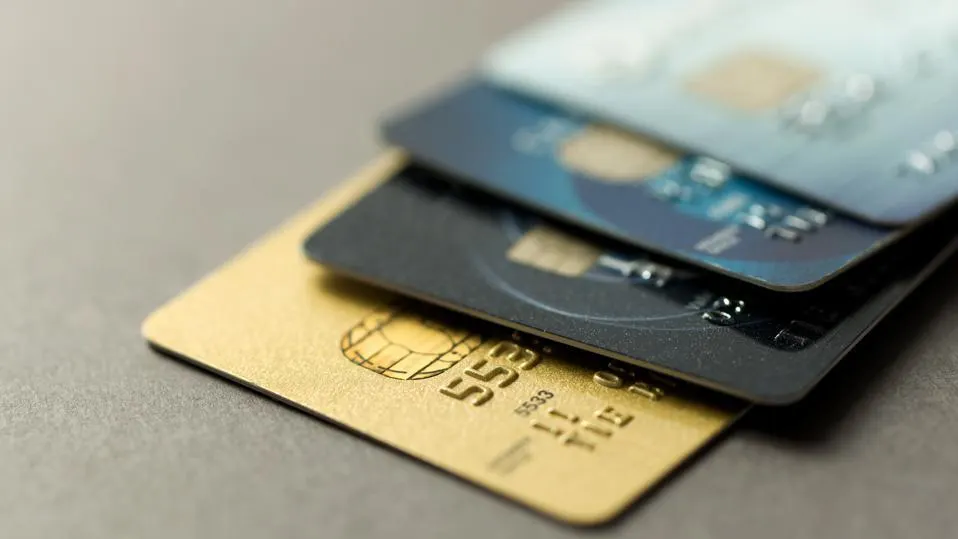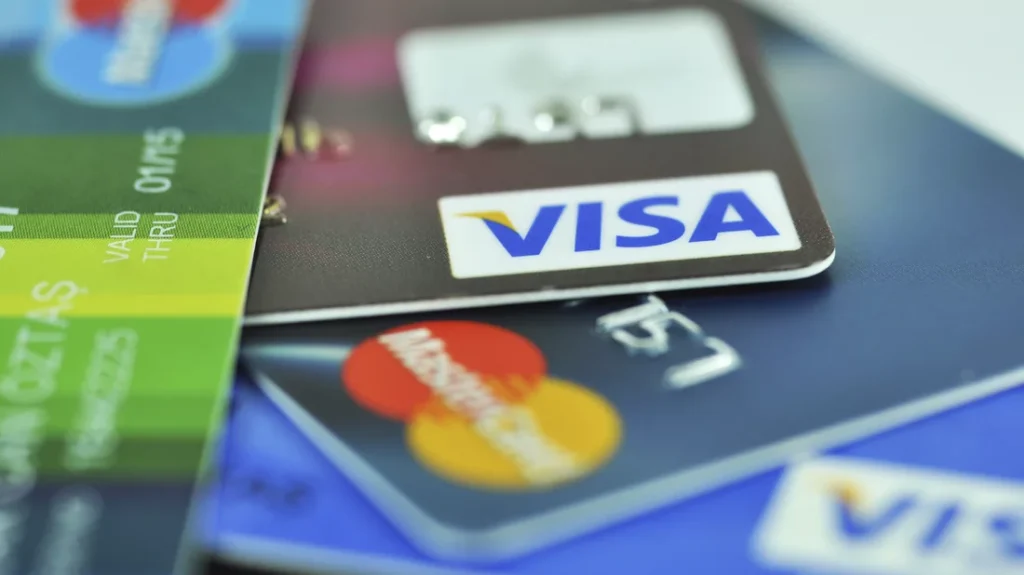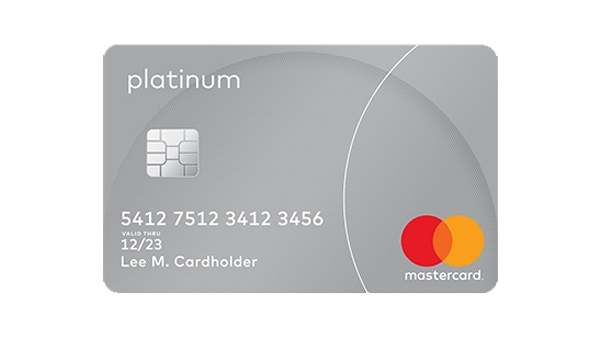A credit card is a financial product that allows consumers to make purchases of goods and services with the option to pay back the balance at a later date. Unlike debit cards, where funds are directly deducted from a linked bank account, credit cards provide access to a pre-approved credit line, enabling flexible payments over time and enhancing cash flow management.

How Credit Cards Work
Credit Limit
Credit cards come with a pre-approved credit limit, which is the maximum amount that can be spent using the card. This limit is determined based on factors such as income, credit history, and the user’s financial profile.
Billing and Payment
Each month, the cardholder receives a bill listing all purchases made, and they can choose to pay the full balance or a portion of it. Paying the full amount avoids interest charges, while paying only the minimum results in carrying a balance that accrues interest.
Interest Rates and Charges
Credit cards often apply interest rates on unpaid balances. These rates vary depending on the issuing bank and the type of card but can be quite high if the balance is not paid by the due date.
Advantages of Credit Cards

Convenience and Flexibility
Credit cards offer convenience, allowing consumers to make purchases without carrying cash. They also provide flexibility for large purchases through installment payments.
Rewards and Benefits
Many credit cards offer rewards programs, such as cashback, airline miles, or points that can be redeemed for products and services. This makes credit cards appealing for those who want to maximize their everyday spending with additional benefits.
Security
Credit cards also provide an extra layer of security, as consumers do not need to carry cash and can dispute fraudulent charges. In addition, many credit card companies offer fraud protection and insurance.
Disadvantages of Credit Cards
Debt Accumulation
If not used responsibly, credit cards can lead to significant debt due to high-interest rates on unpaid balances. It’s important to have financial discipline and pay off balances on time to avoid this issue.
Fees and Charges
Some credit cards may charge annual fees, as well as fees for foreign transactions, cash advances, and late payments.
Types of Credit Cards
Standard Credit Cards
Standard credit cards do not offer rewards but generally come with lower interest rates and modest credit limits.
Rewards Credit Cards
Cards that offer rewards like cashback or travel miles are ideal for consumers who want to make the most out of their everyday expenses.
Business Credit Cards
These cards are offered to employees by companies to cover business expenses and often come with higher limits and expense management features.
How to Choose the Right Credit Card
When choosing a credit card, it’s important to consider the type of rewards offered, the interest rates, and additional fees. It’s also crucial to see if the card offers benefits that align with your spending habits, like travel rewards or discounts at partner stores.
Checking Your Credit History
Before approving a credit card, financial institutions check the applicant’s credit history. Maintaining a good credit score is crucial for getting better terms, like lower interest rates and higher credit limits.
Conclusion
Credit cards are a powerful financial tool when used responsibly. They offer convenience, security, and rewards, but can lead to significant debt if mismanaged. To choose the best credit card, it’s important to compare the available options and consider your lifestyle and spending habits.

FAQ – Credit Cards
1. What are the benefits of using a credit card?
Credit cards offer various benefits, including rewards like cashback, travel miles, purchase protection, and the convenience of deferred payments.
2. How does a credit score impact credit card approval?
Your credit score plays a significant role in determining whether you qualify for a credit card and what interest rates you will receive. Higher scores typically lead to better terms.
3. What is the difference between APR and interest rate on a credit card?
The APR (Annual Percentage Rate) includes both the interest rate and any additional fees, giving a more comprehensive view of the cost of borrowing, while the interest rate represents only the cost of borrowing itself.
4. How can I avoid paying interest on my credit card?
To avoid paying interest, make sure to pay your balance in full each month by the due date. Interest is typically charged only on carried-over balances.
5. What should I look for when choosing a credit card?
Consider factors like interest rates, fees, rewards programs, and any additional perks that align with your spending habits, such as travel insurance or cashback offers.
